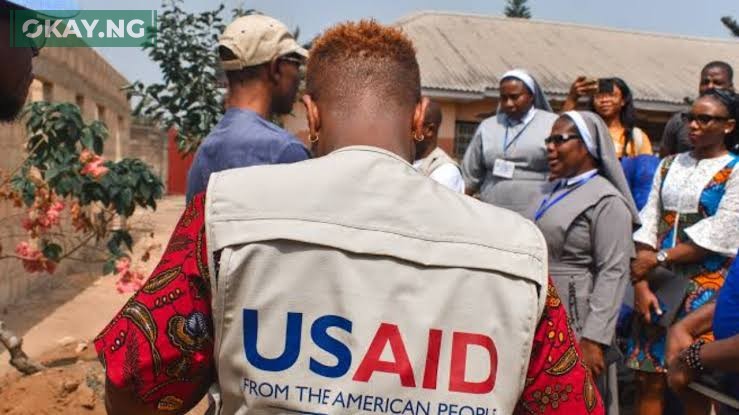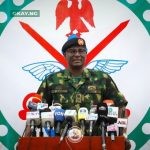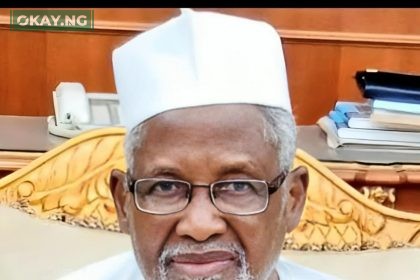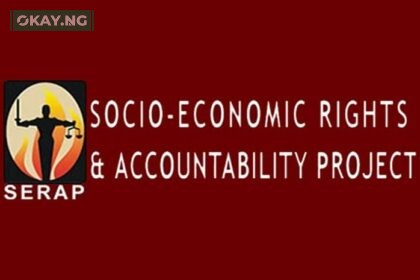The abrupt USAID withdrawal of humanitarian aid is poised to destabilize vital services in Nigeria’s already fragile northeastern states, sparking widespread concern among stakeholders. The decision, rooted in a U.S. government policy shift, casts a long shadow over Borno, Yobe, and Adamawa, where millions rely on external support for survival.
The implications, as revealed in a News Agency of Nigeria (NAN) survey, are dire. Critical sectors, including healthcare, education, food security, and emergency response, face imminent disruption, leaving internally displaced persons (IDPs), women, and children particularly vulnerable. This move arrives following a policy review under the Trump administration, aimed at curbing foreign assistance to numerous nations, with Nigeria’s northeast bearing a significant brunt.
Dr. Jalo Muhammed, Director of Rescue Operations at the Yobe State Emergency Management Agency (SEMA), articulated the gravity of the situation. “I can’t say how much USAID has expended over time, but its support has been very valuable. We can’t even quantify it,” he stated. He emphasized that the “stop work order” has already severely hampered the delivery of essential services. “The suspension of funding has impacted multiple sectors, including health, education, water, sanitation, hygiene, protection, nutrition, food security, and livelihoods,” Muhammed explained.
The impact extends beyond mere logistical challenges; it strikes at the heart of human survival. Vulnerable groups, including children, women, IDPs, persons with disabilities (PWDs), and flood-affected communities, now face a perilous future without crucial support. Organizations like the Federation of Muslim Women’s Association in Nigeria (FOMWAN), Plan International, the World Food Programme (WFP), and the World Health Organization (WHO) are among those affected. These entities have been instrumental in delivering life-saving aid across 17 Local Government Areas (LGAs) in Yobe.
“Many of these organizations, which have been providing life-saving services to hundreds of communities, have either halted their operations or are operating under constrained waivers,” Muhammed noted. The funding withdrawal has already disrupted services for over 200,000 individuals, impacting critical programs like polio eradication, HIV treatment, nutrition, gender-based violence (GBV) response, education, and food security.
The withdrawal forces us to confront a stark reality: the fragility of humanitarian support systems and the devastating consequences of policy shifts on vulnerable populations. As a writer, I’ve observed that these policy shifts create a cascade of human suffering. The loss of aid means more than just a reduction in resources; it signifies a loss of hope for those who have already endured unimaginable hardship.
The stakeholders’ concerns are not mere speculation; they are a reflection of the lived realities in a region grappling with persistent instability. The USAID withdrawal threatens to exacerbate an already precarious situation, potentially triggering a humanitarian crisis of unprecedented scale. The need for alternative support mechanisms and sustainable solutions has never been more urgent.













